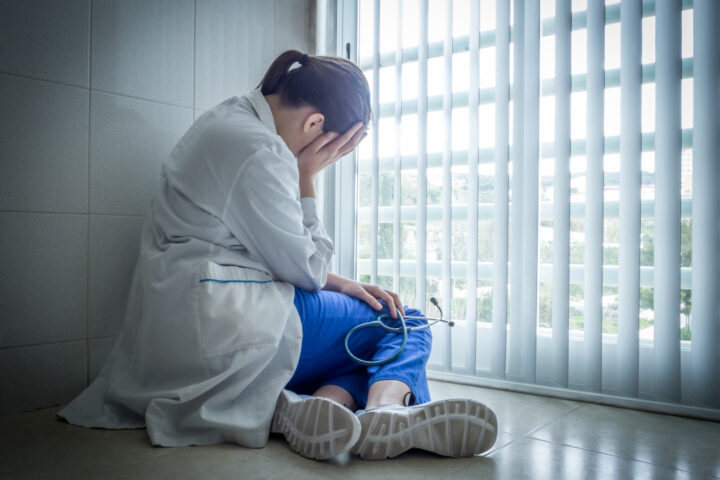I’ve seen these type of patients( commonly called a freeloader) since I was a neophyte in the practice of medicine- in the corridors, the cafeteria, the laboratory, at Wendys, or even at the malls(yes, MDs got to the malls too, sometimes). The common profile of such patients is someone you know or got acquainted to, not long ago or through another known person. The ambush interrogation is a classic “guerrilla consult” aimed (intentionally or unintentionally) at defying conventional ethics and procedures to get an MD consult on something the patient felt so “urgent. By some cultural and social magnet, you give in to the pleading, even if you felt the “problem” may not be closed to an emergent case by some medical standards.
You come up with your most empathic diagnosis and advice in such a short time, based on the history of the person. With not even a word of “thank you” or whatever, the person suddenly disappears without any follow up or news about his consult whatsoever. The next time you bump with these types of patients, they suddenly go amnesic of their last “consult”. Somehow you learned from that previous consult that none of your advices where followed or was totally ignored. The “patient” now is hurling another totally different but accurately detailed problem for consult. This cycle goes on and the guerrilla consults is repeated.
This is the question thrown to me by one colleague obviously exasperated by the misuse of this “tactics”. New to this Pinoy culture and habit of “pakikisama”, he mentioned such habit is often difficult to handle and often end in an unsatisfactory doctor patient relationship. I’ve came across this same problem in one forum also.
I’m new to practice, but I’ve been encountering such “patients” quite often too. Here are the policies I’m currently implementing whenever I encounter such patients. They may not work all the time, but they might work for you!
- Be courteous and empathic all the time. If you get irritated because of past encounters that was so frustrating, keep it to yourself or discuss it with your patient on a proper venue and time and that will be in your office clinic.
- Make a quick assessment and decision to determine if the patient has an emergent or urgent problem or something that can wait long enough to see the patient in your clinic at a proper time.
- If the problem is emergent or urgent, courteously refer the patient to the ER or to appropriate specialist. Otherwise,
- Schedule an appointment time for the patient in your clinic. Explain the scenario to your patient as quickly and as courteously as possible. Most of this haphazard doctor patient consult end up in a very unsatisfactory treatment for the patient. Let the patient understand that.
- Unless another emergent problem come up, stick to your clinic schedule for that patient and hold advices and recommendation till that moment. Being patient often gets the better part of treatment.
- Make sure the patient know the schedule and the importance of the scheduled consult. And also make sure the patient come to that appointment.
- If the patient does not show up for that consult for some trivial reasons, politely begged off the doctor patient relationship and refer the patient to another appropriate physician or for counseling.
These are the things I do to patients who hound me as chronic “freeloaders”. I often don’t reach the number seven advice, but I felt such steps will be necessary to help the patient and make him/her understand the problem he is causing.
If you were in our place, what would you do?
Handling these type of patients hopefully will qualify you to the SuperDoctor list like this one…
(Featured photo lifted from The Blog That Ate Manhattan, here)





